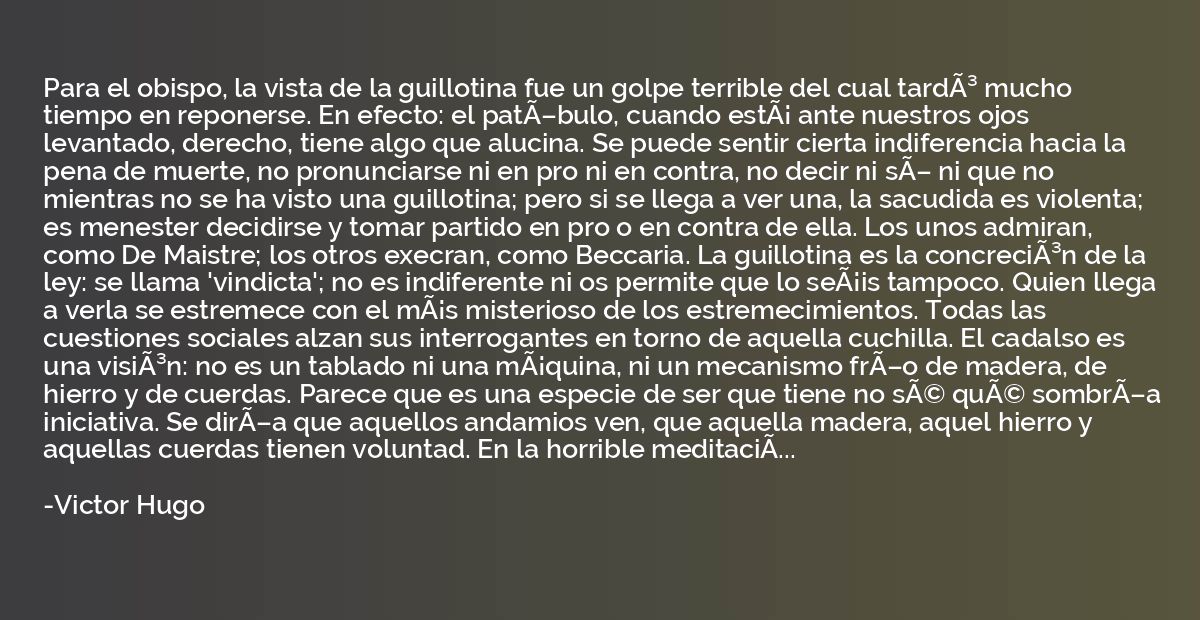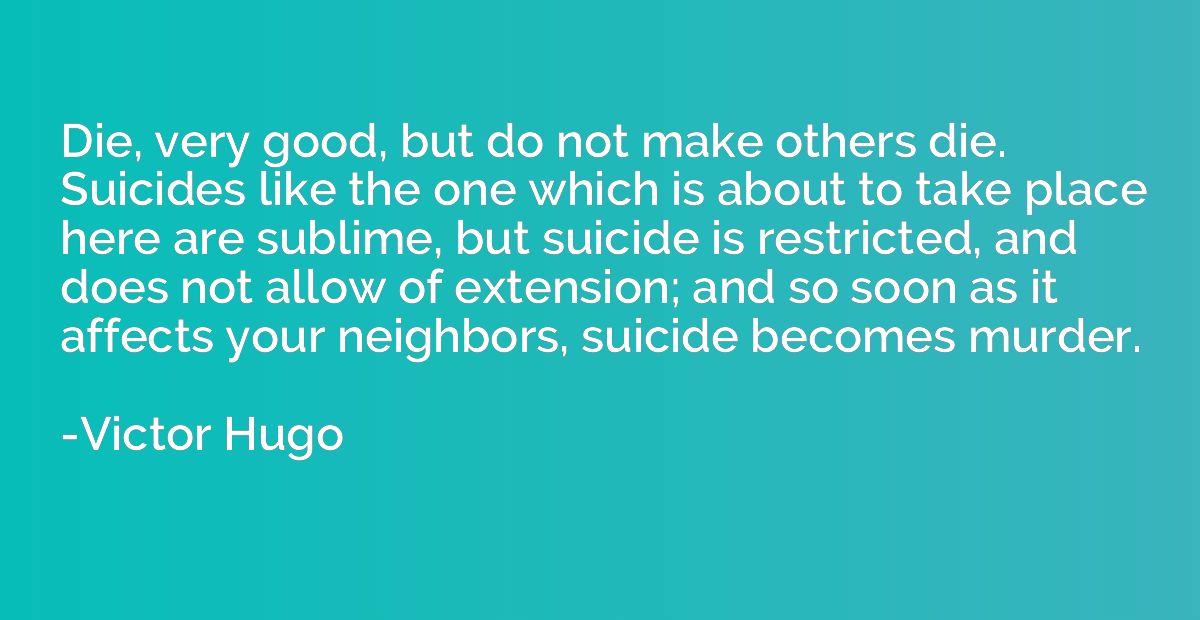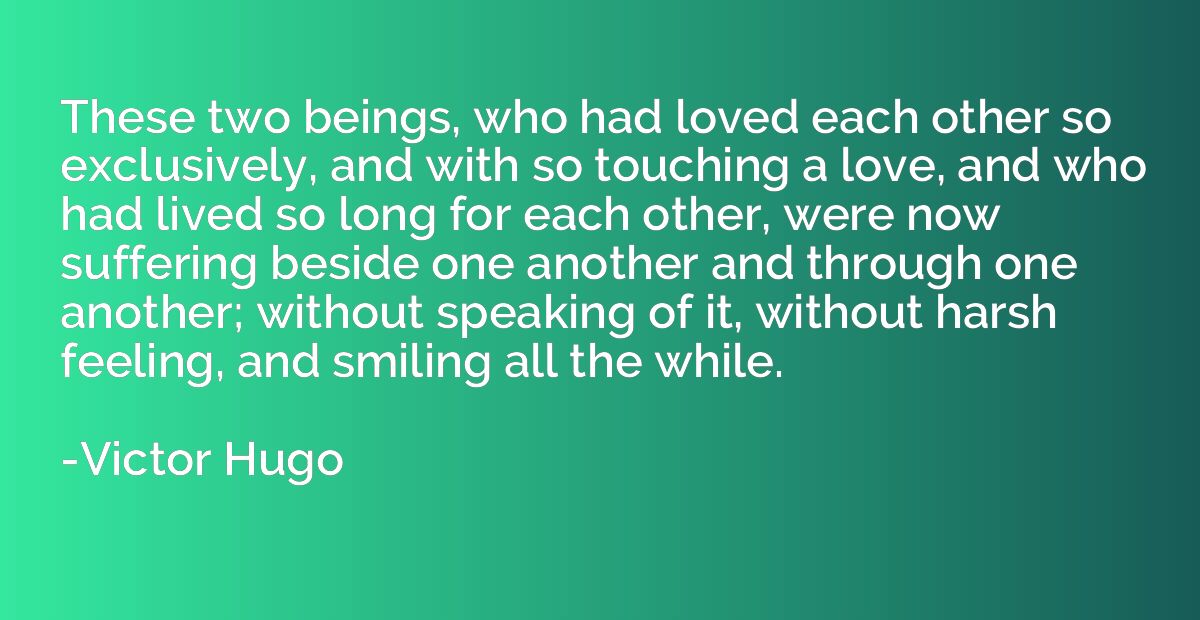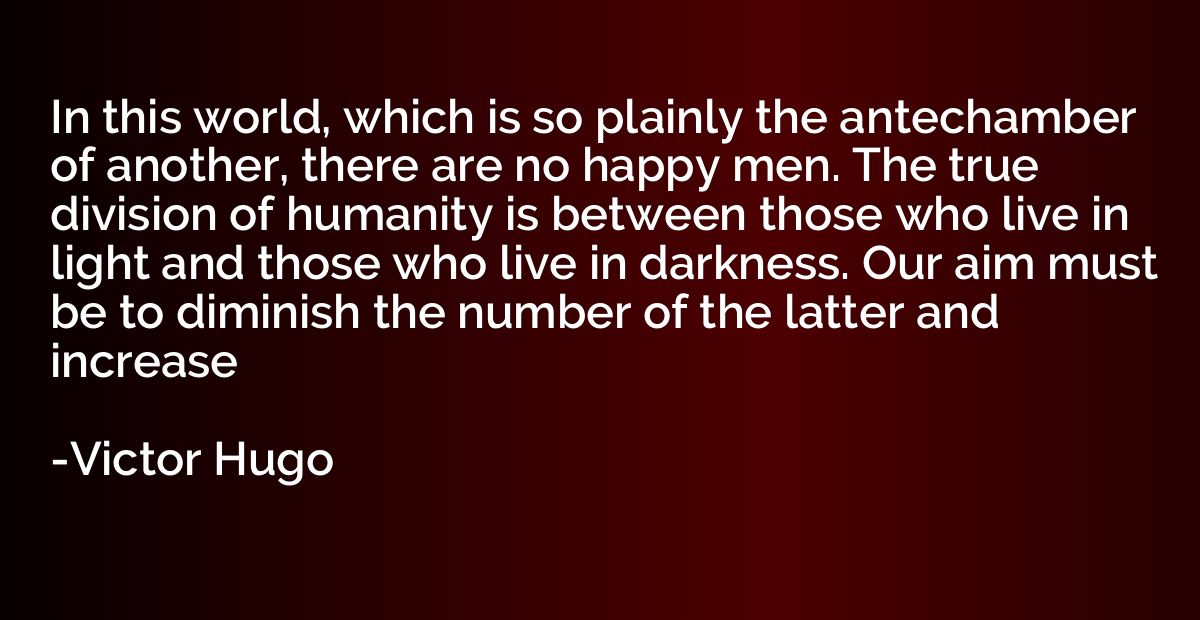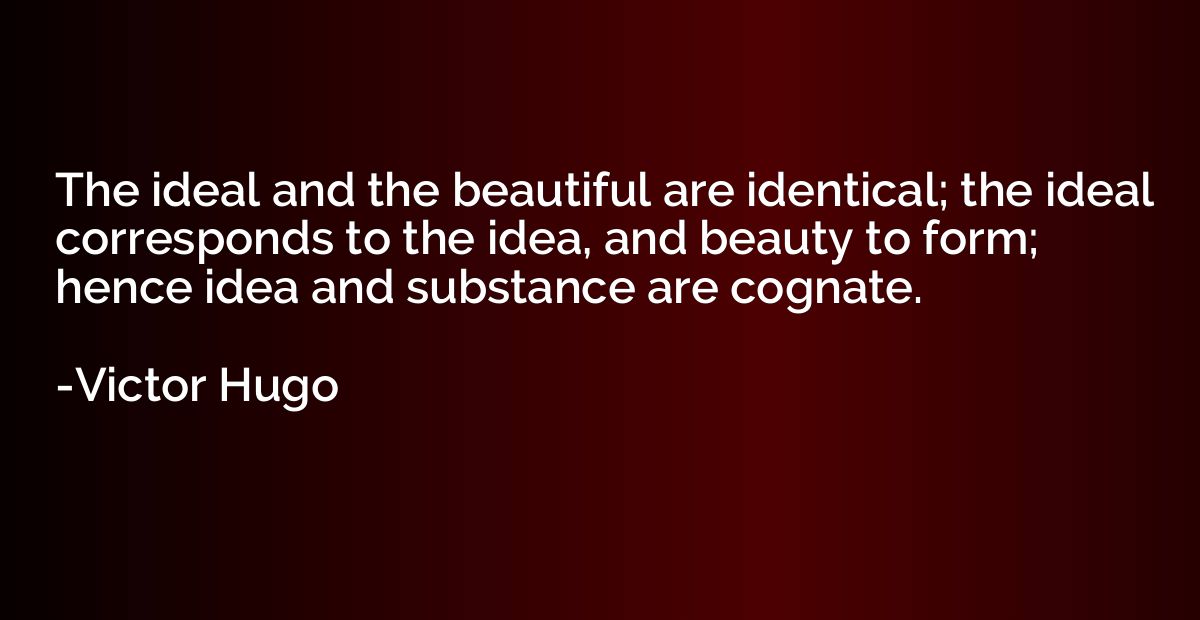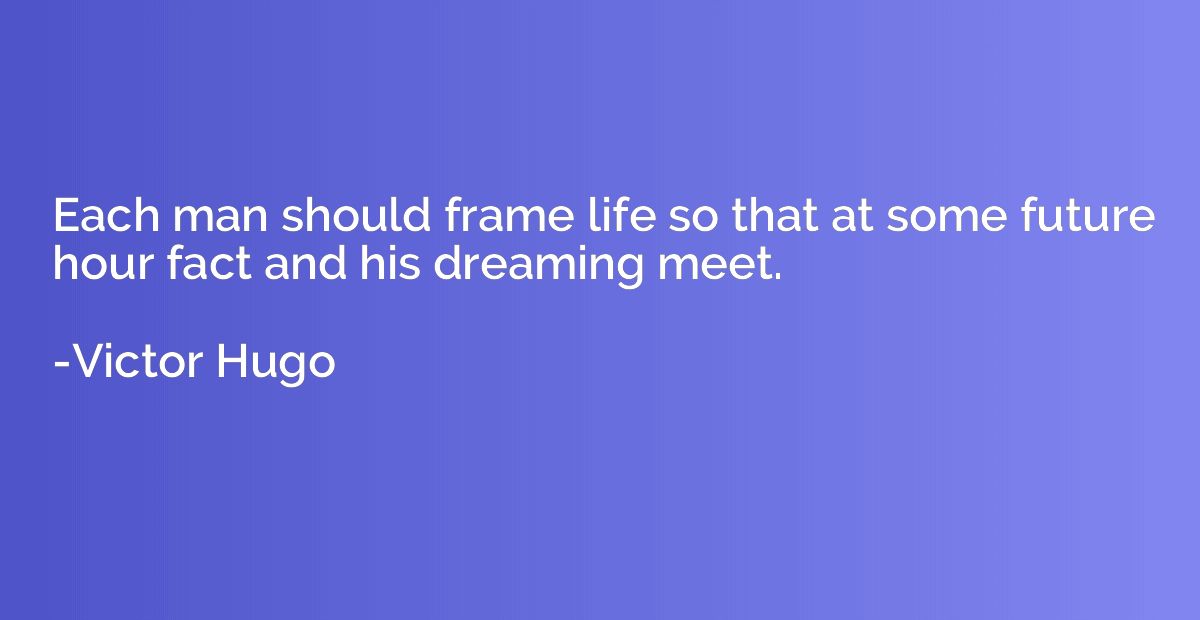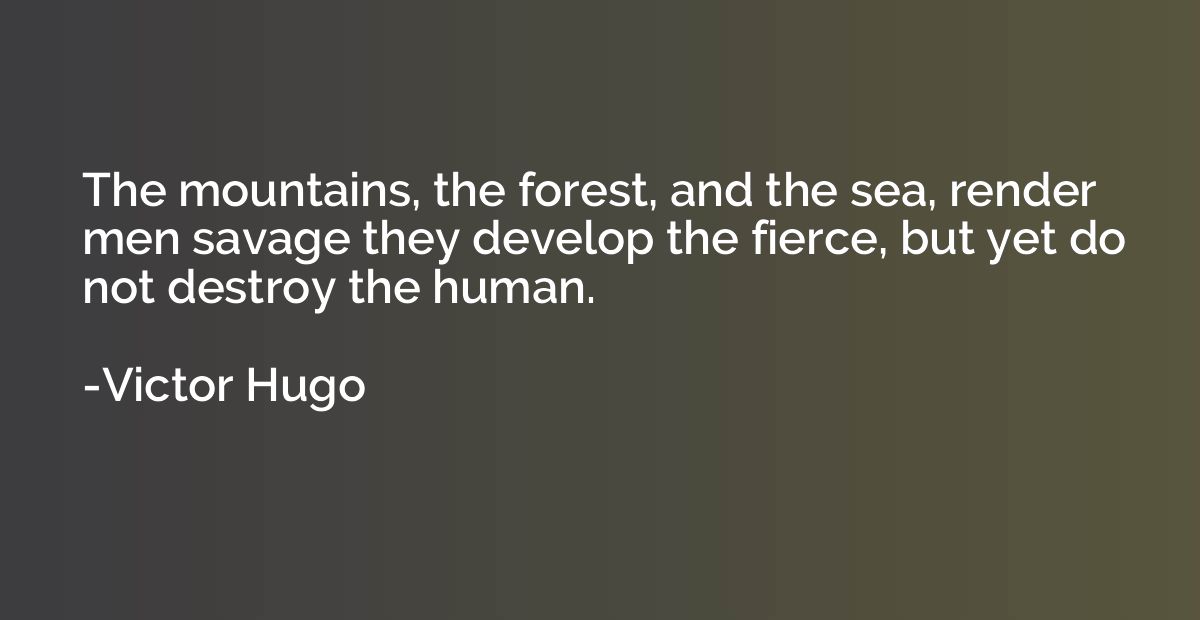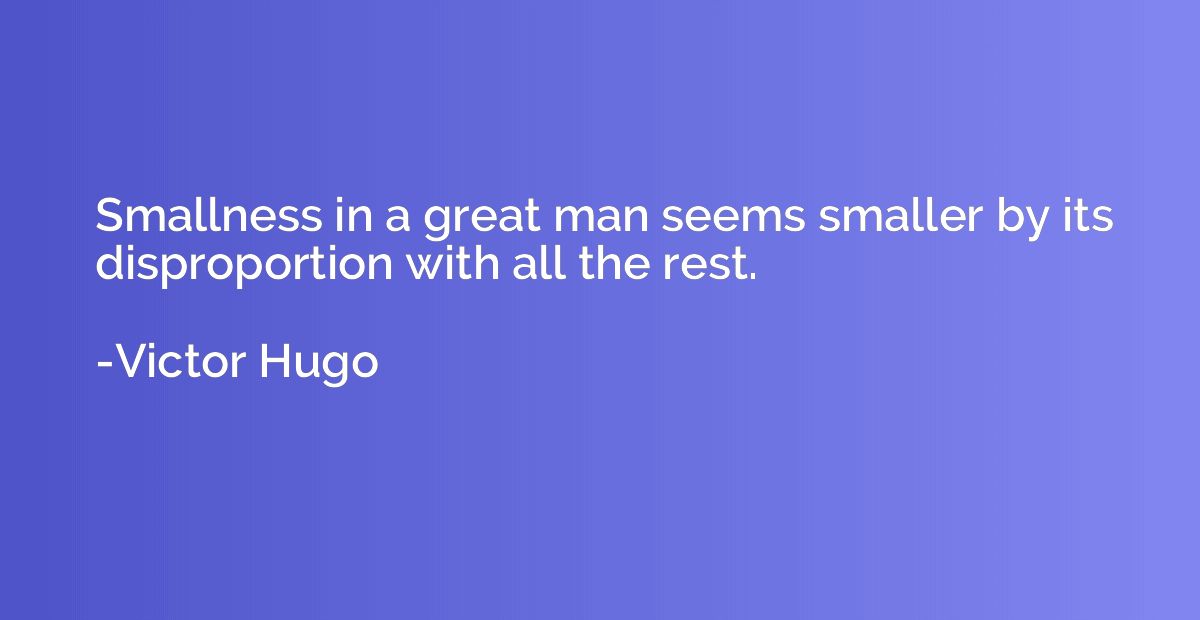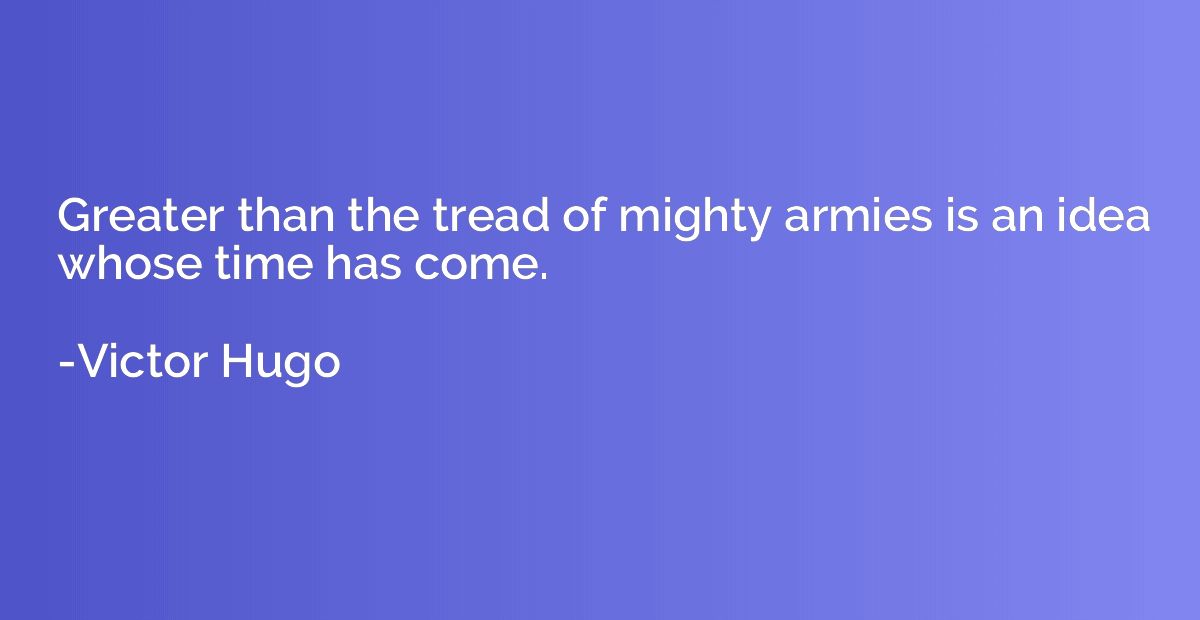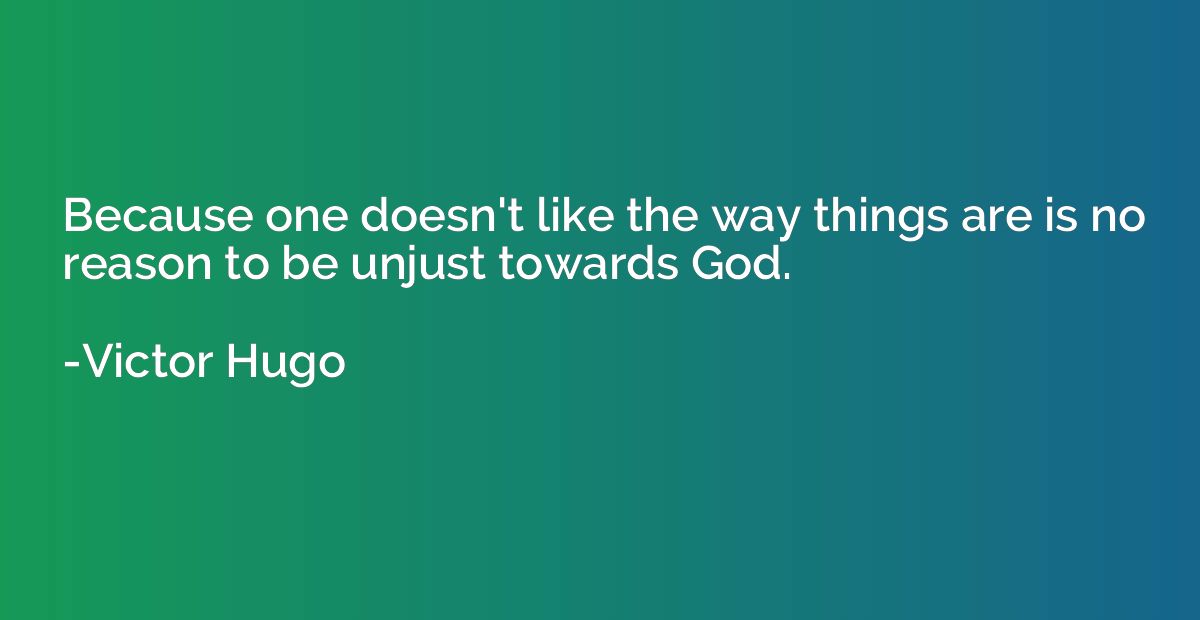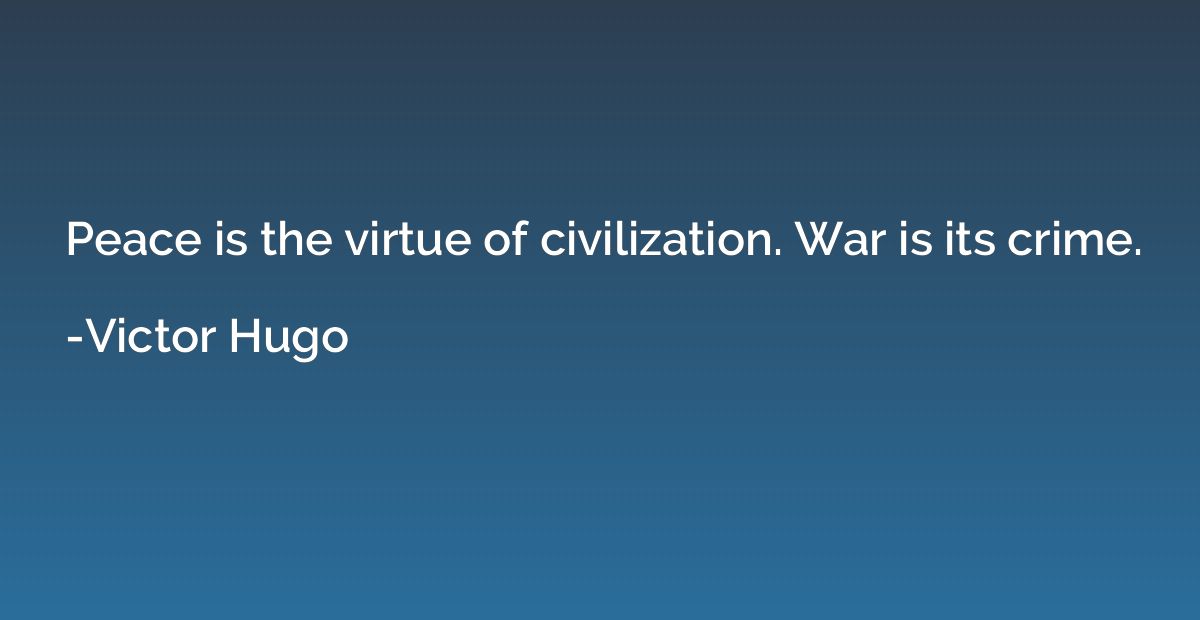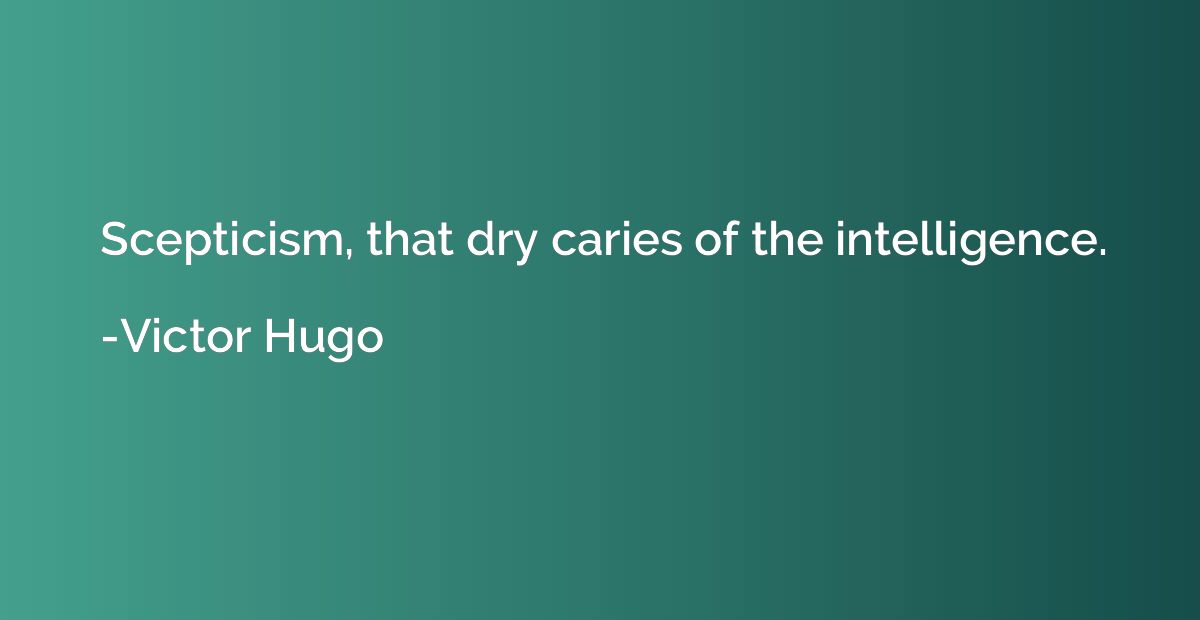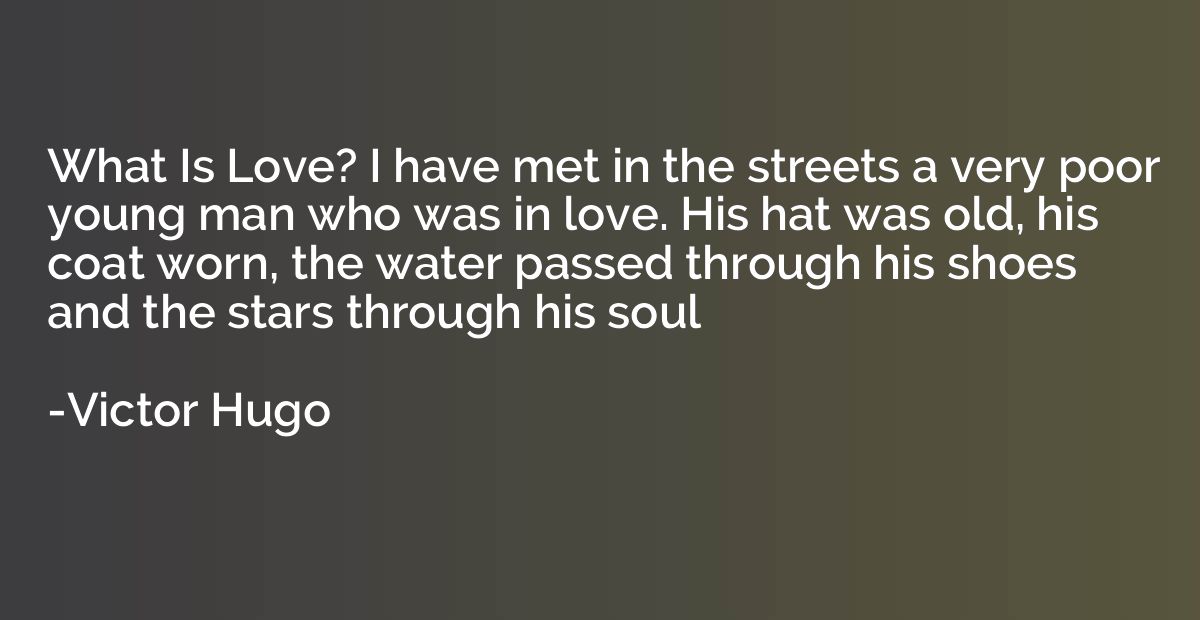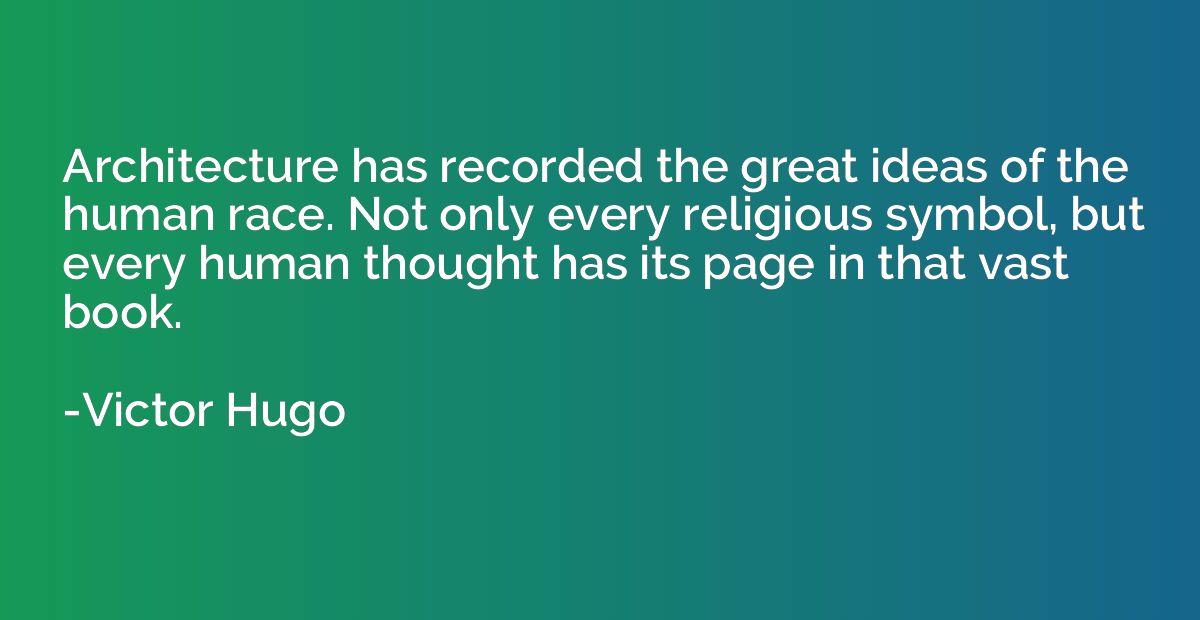Victor Hugo Quotes
A collection of quotes by Victor Hugo.
Victor Hugo (1802-1885) was a French poet, novelist, and playwright, widely regarded as one of the greatest writers of all time. He was born in Besançon, France, and showed great talent in literature from a young age.
Hugo achieved early success with his poetry, gaining recognition for his evocative and lyrical verses. However, it was his novels that brought him enduring fame and cemented his place in literary history. His most famous novel, "Les Misérables," published in 1862, depicts the struggles of various characters amidst the social and political turmoil of 19th-century France. The work showcases his strong social conscience and his belief in the potential for redemption and human kindness.
Throughout his life, Hugo remained engaged with political and social issues. He was an instrumental figure during the Romantic literary movement, which championed individualism and emotions over the constraints of traditional society. Hugo's work often contained a strong social commentary, advocating for social justice and addressing the plight of the impoverished and marginalized.
Aside from his literary achievements, Hugo also played a key role in French politics, serving in the National Assembly and the Senate. He was a vocal supporter of republicanism and his opposition to Napoleon III forced him to go into exile on the island of Guernsey from 1855 to 1870.
Victor Hugo's prodigious literary output, his unwavering activism, and his enduring influence on French literature make him a towering figure in the literary world. His work continues to be celebrated today for its powerful and timeless themes.
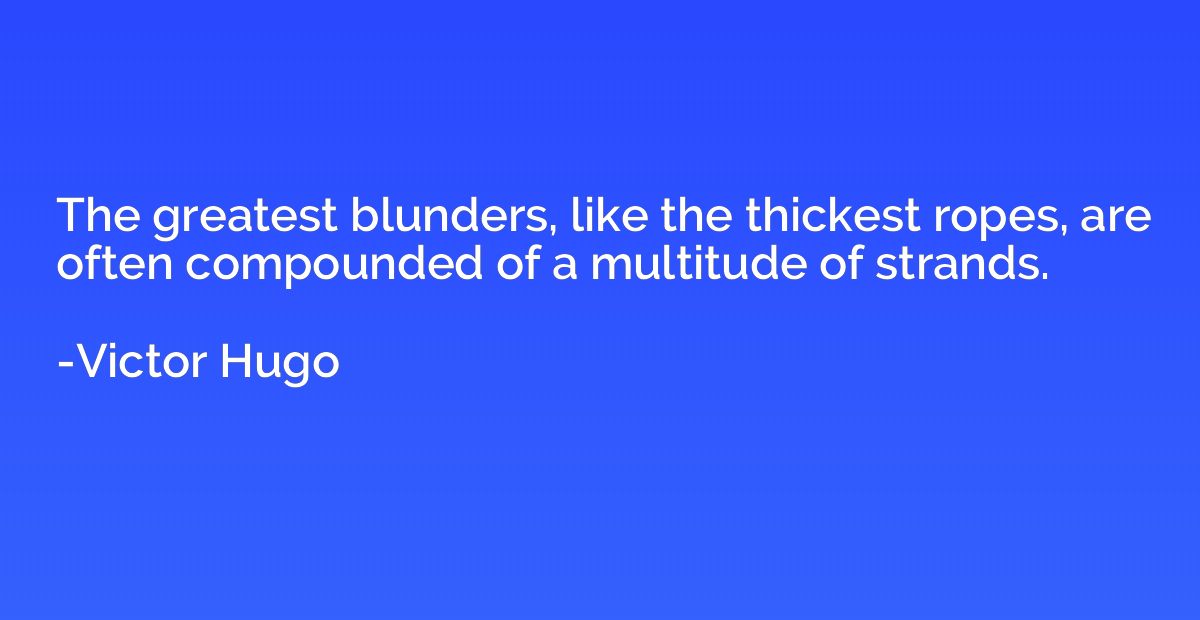



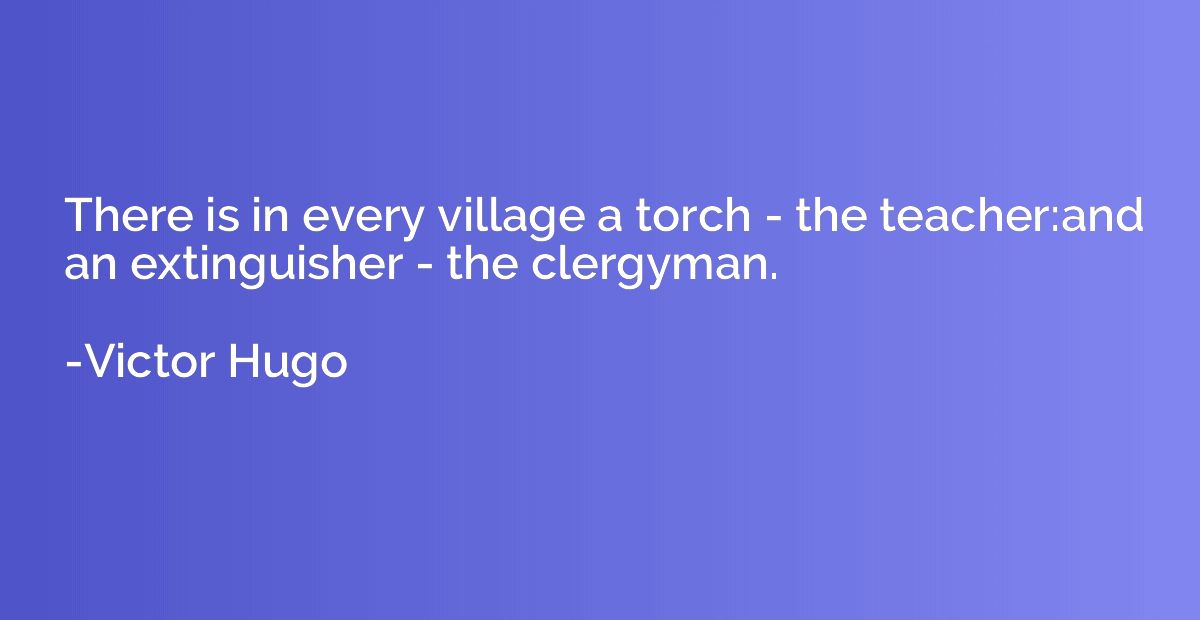
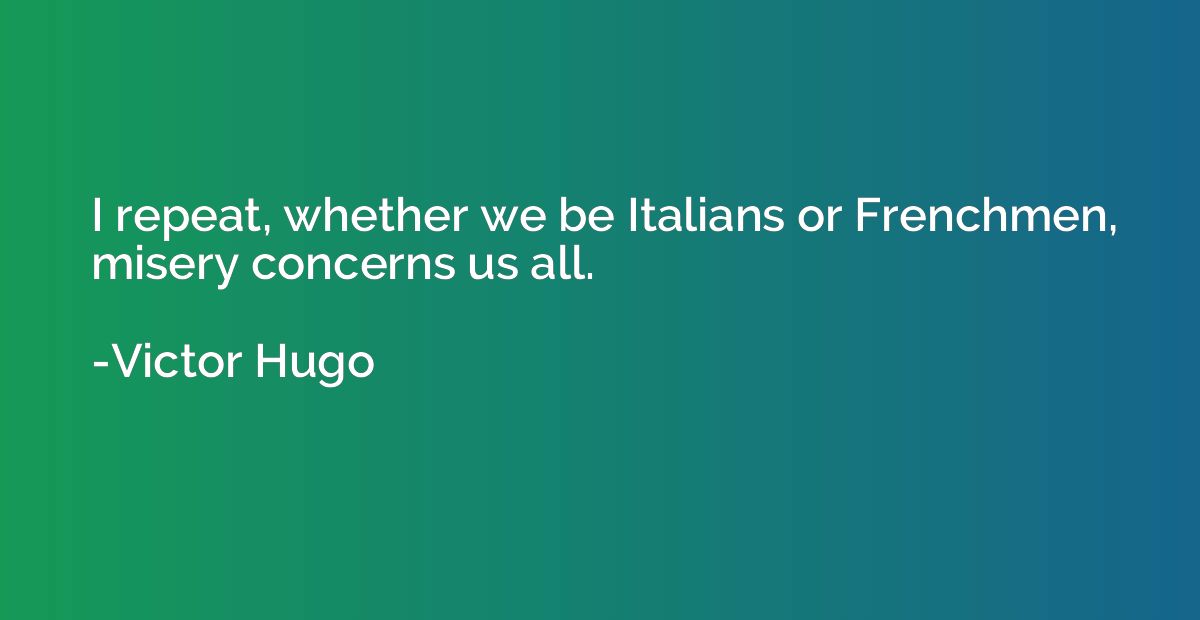
![There are men who dig for gold; [Monseigneur Bienvenu] dug f](https://quotation.io/quotes/men-dig-gold-monseigneur-bienvenu-dug-compassion.jpg)
